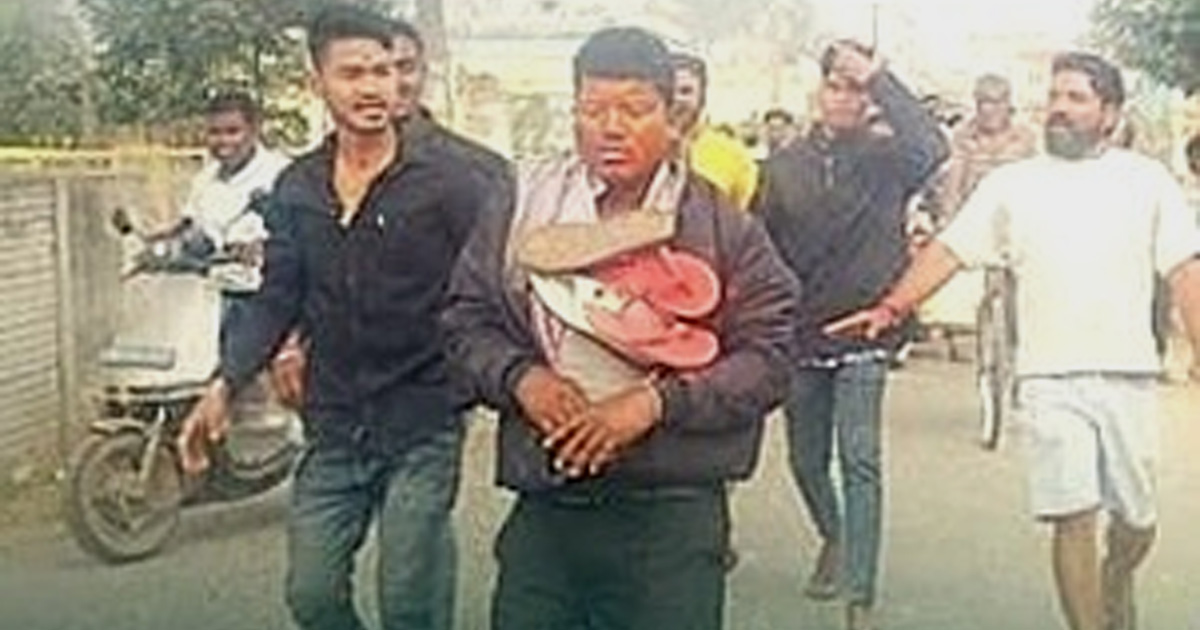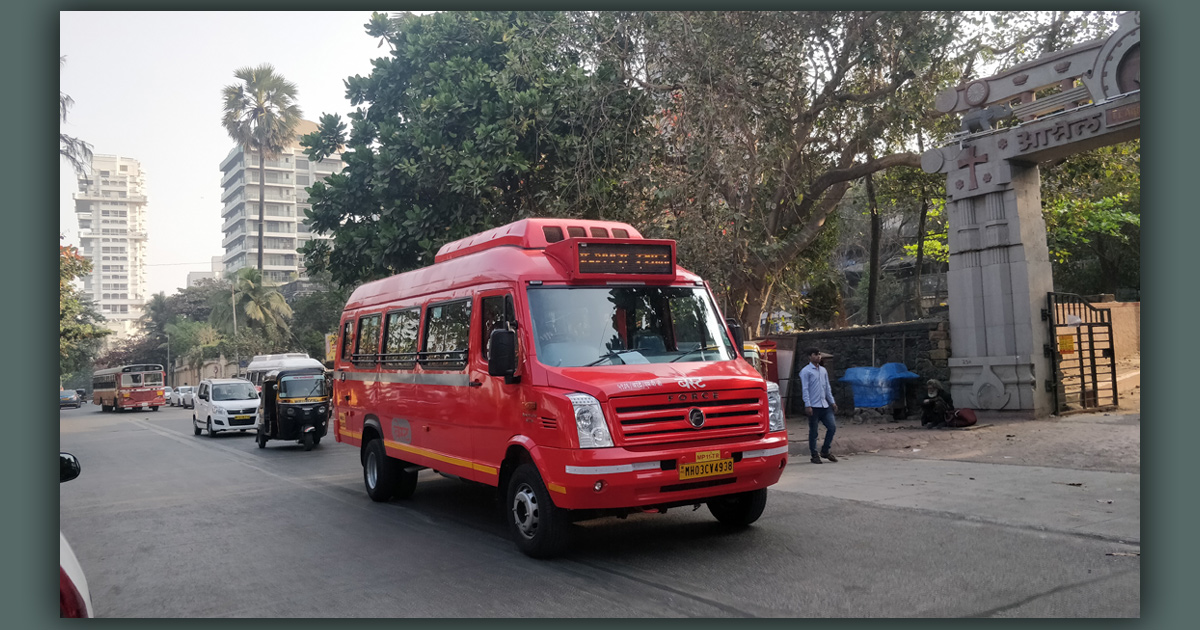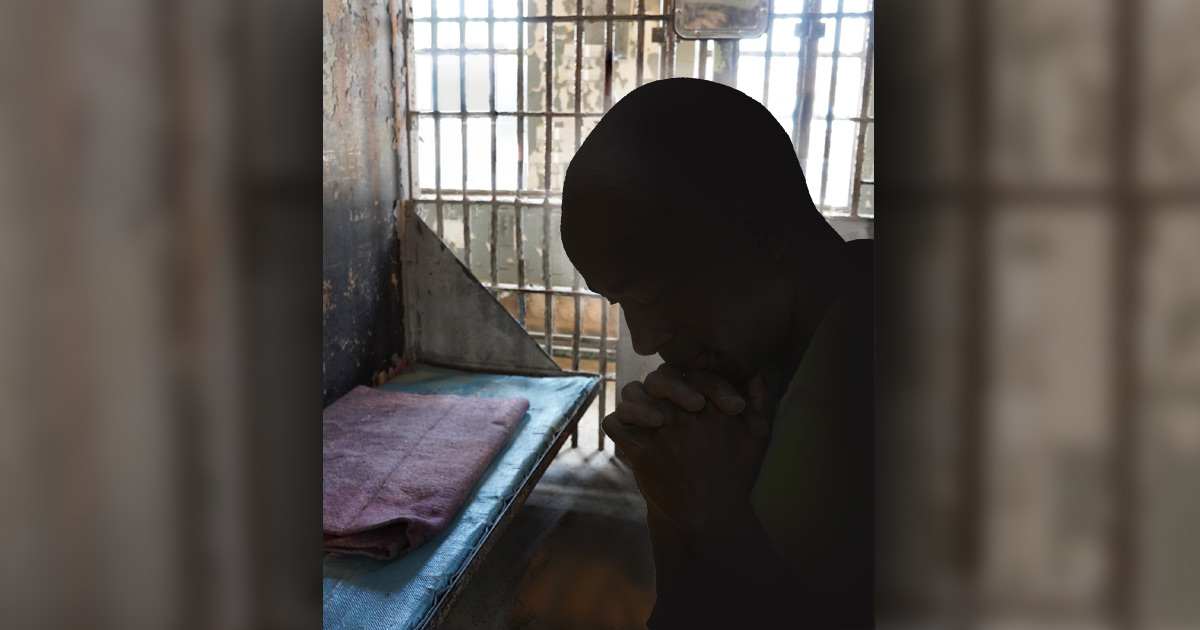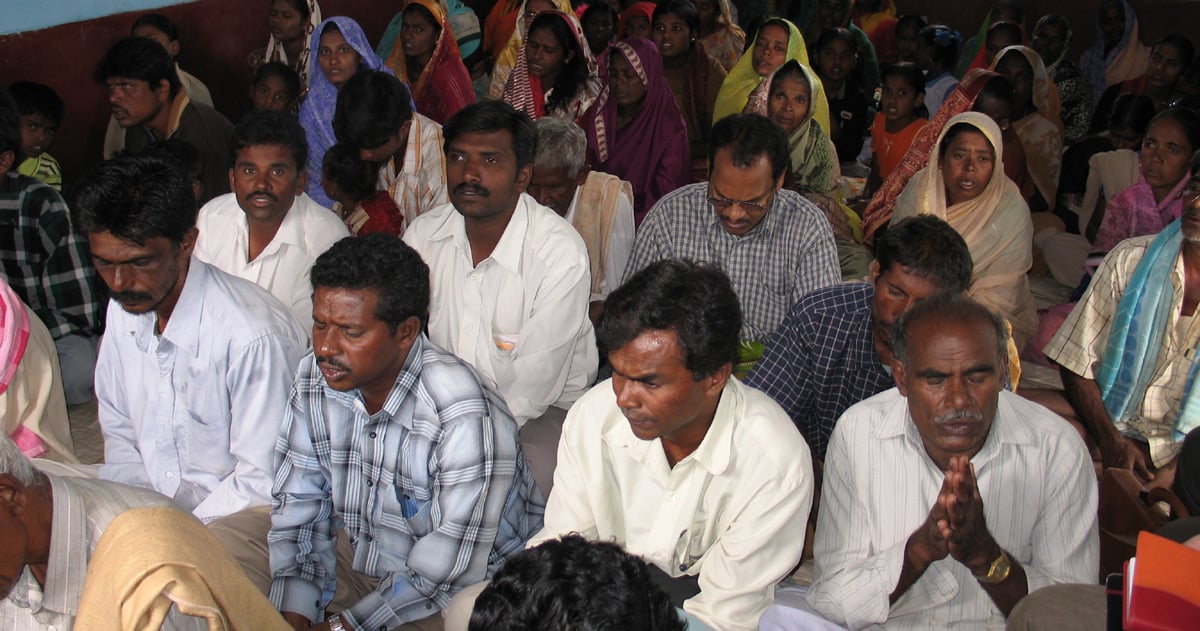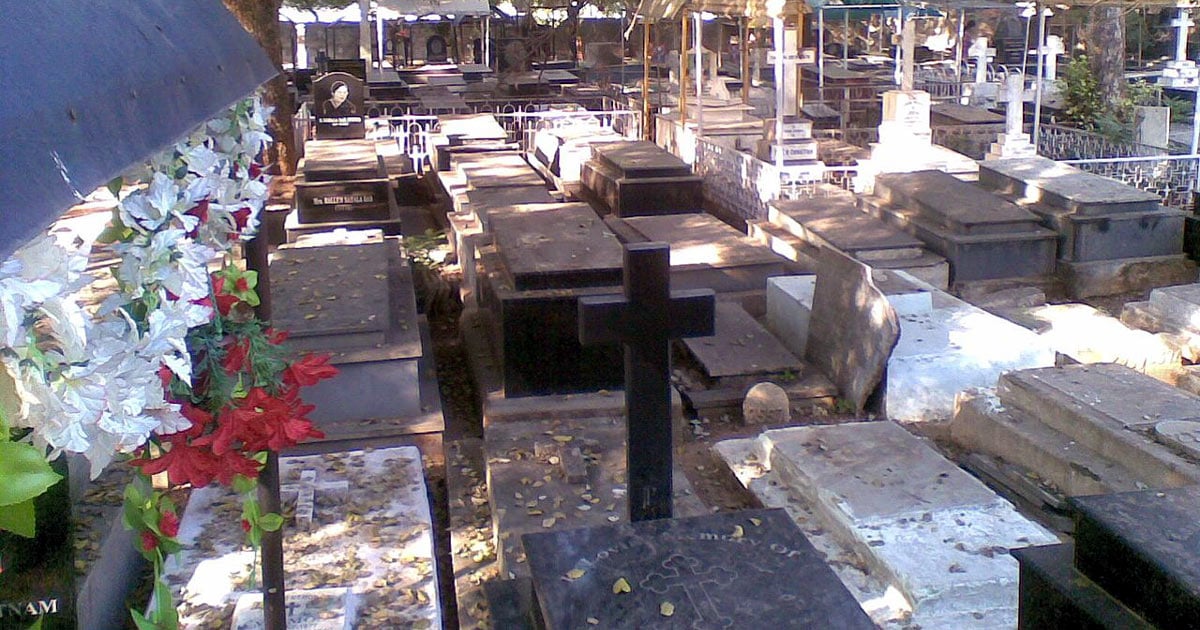
Photo: Public Domain
Since 2022, Christians in the Nabarangpur district of Odisha have faced at least eight separate instances in which they have been denied the right to bury their loved ones. In many of these cases, opposing community members refused to allow the burial of deceased Christians in a cemetery used by Hindus, forcing the families to instead bury their loved ones in the forest or other locations.
In the latest incident, which took place in mid-May, the villagers claimed that they could not allow the burial of a Christian because it would defile their gods and the land. Despite attempts from local authorities to resolve the situation, the Hindu villagers could not be convinced to permit the burial, requiring the body to be taken to another location.
Several other incidents have been documented in which deceased Christians were either posthumously "converted" to Hinduism or their grieving family members were forced to convert in order for the burial to be permitted. In some of these cases, individuals have feigned their conversions, while secretly stating that they remain Christians. For instance, on March 2nd, a 70-year-old believer named Kesab Santa passed away in a predominantly Hindu village. The Hindu villagers refused to allow the burial unless his cousin Turpu converted to Hinduism. As a result of the pressure, Turpu underwent the Hindu conversion process, along with his wife and two adult children.
Similar problems have also taken place in the neighbouring state of Chhattisgarh. On January 27th, the Supreme Court ordered the Chhattisgarh state government to specify exclusive burial sites for Christians in order to prevent further disputes. To learn more about the persecution confronted by followers of Jesus in India, go to our country profile.
- As you bring these situations before the Lord in prayer, please uphold the families that are mourning the loss of their loved ones, while also having to deal with the added toll of harassment from disapproving community members.
- Pray that God's abounding peace will rest on each one of these grieving believers, along with the comforting assurance that "to be absent from the body is to be present with the Lord" (2 Corinthians 5:8).
- May peaceful resolutions be established in order to prevent further incidents of discrimination against our Indian family in Christ.

 Population
Population